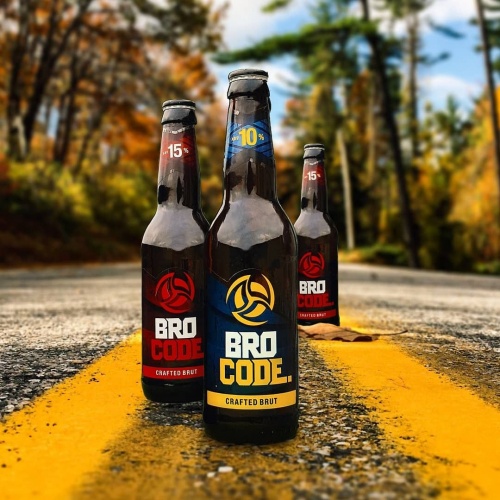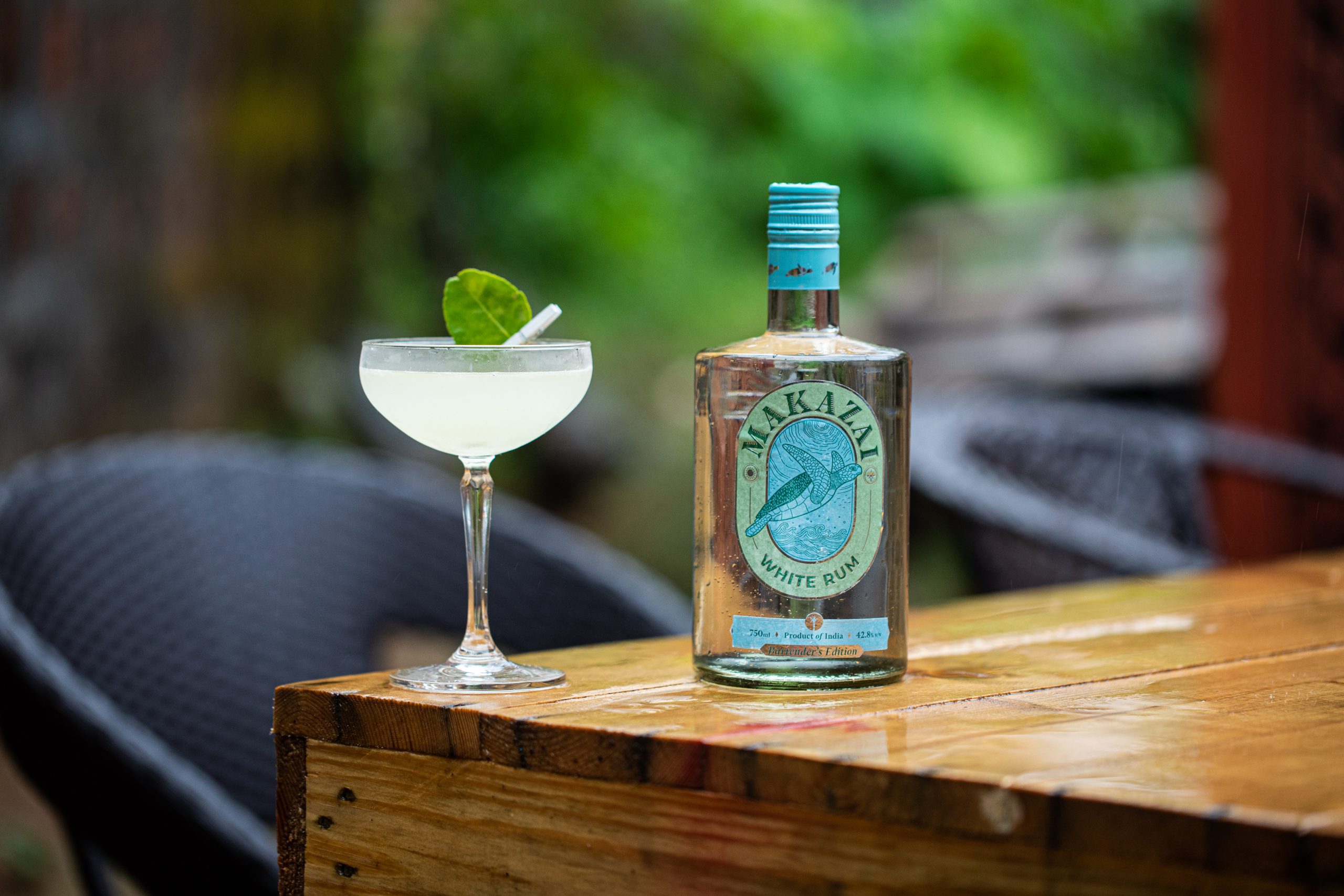Desperate to fit in and be accepted, kids are much more likely to drink when their friends drink. If your child’s drinking coincides with a sudden change in peer group, it may be that their new friends are encouraging this negative behavior. If you’ve discovered your child or teen is drinking alcohol, it’s normal to feel upset, angry, and worried.
- The study also examined teenagers’ white matter development and found that the teens who binge drank had marks or irregularities in their white matter development while their sober counterparts did not show these signs.
- Young people who binge drink are more likely to miss classes at school, fall behind with their schoolwork, damage property, sustain an injury, or become victims of assault.
- Bohdan Yermokhin was one of 20,000 Ukrainian children illegally taken to Russia since Moscow’s full-scale invasion in February last year, according to Ukraine.
If your friend is going back to drugs or drinking and won’t accept your help, don’t be afraid to talk to a nonthreatening, understanding adult, like your parent or school counselor. Getting your friend help is the best support you can offer. Couples rehab provides treatment for alcoholism and reduces its negative effects on relationships and families.
Things You Should Know About Helping an Alcoholic
Other studies have shown that alcohol use tends to increase with age during adolescence, with older teens more likely to drink and engage in heavy or binge drinking. The first stage involves access teenage alcoholism to alcohol rather than the use of alcohol, tobacco, inhalants, or other drugs. In that stage, minimizing the risk factors that make a teenager more vulnerable to using alcohol is an issue.
The Substance Abuse and Mental Health Services Administration (SAMHSA) provides an online treatment finder and a phone hotline that parents or guardians can use f they have concerns about their child abusing alcohol or drugs. This treatment finder can help concerned parents find nearby treatment options specific to their teenager’s needs. Kids face a huge amount of stress as they navigate the teenage years. Many turn to alcohol to relieve stress, cope with the pressures of school, to deal with major life changes, like a move or divorce, or to self-medicate a mental health issue such as anxiety or depression. Talk to your child about what’s going on in their life and any issues that may have prompted their alcohol use. Trying to talk to a teen about drinking when they’re watching their favorite show, texting with their friends, or in the midst of a heated argument with you about something else isn’t going to be productive.
Mockingbird’s First-Ever Sale for Black Friday Is Here—This Is Not a Drill
Formerly known as alcoholism, alcohol use disorder (AUD) can affect people of all ages. Alcohol consumption can cause brain damage, along with damage to other organs in the body. Adolescents who drink may fail classes, experience other academic or social problems, and may even deal with legal issues. Young people can appear very drunk after consuming relatively small amounts of alcohol because they have a very low tolerance for alcohol.

If your child has questions, try to answer them briefly, honestly and calmly. If you don’t know the answers to your child’s questions, it’s OK to say so. You can tell your child you’ll think about it and get back to them, or you could offer to look for the answers together. When you have a close relationship with your child, https://ecosoberhouse.com/ it’s easier for you to raise issues like alcohol use with them, so work on staying connected too. You and other significant adults are a major influence on your child’s use of alcohol, and you can be a role model for safe alcohol habits. An alcoholic household can significantly affect a child’s growth and development.












Leave a Reply